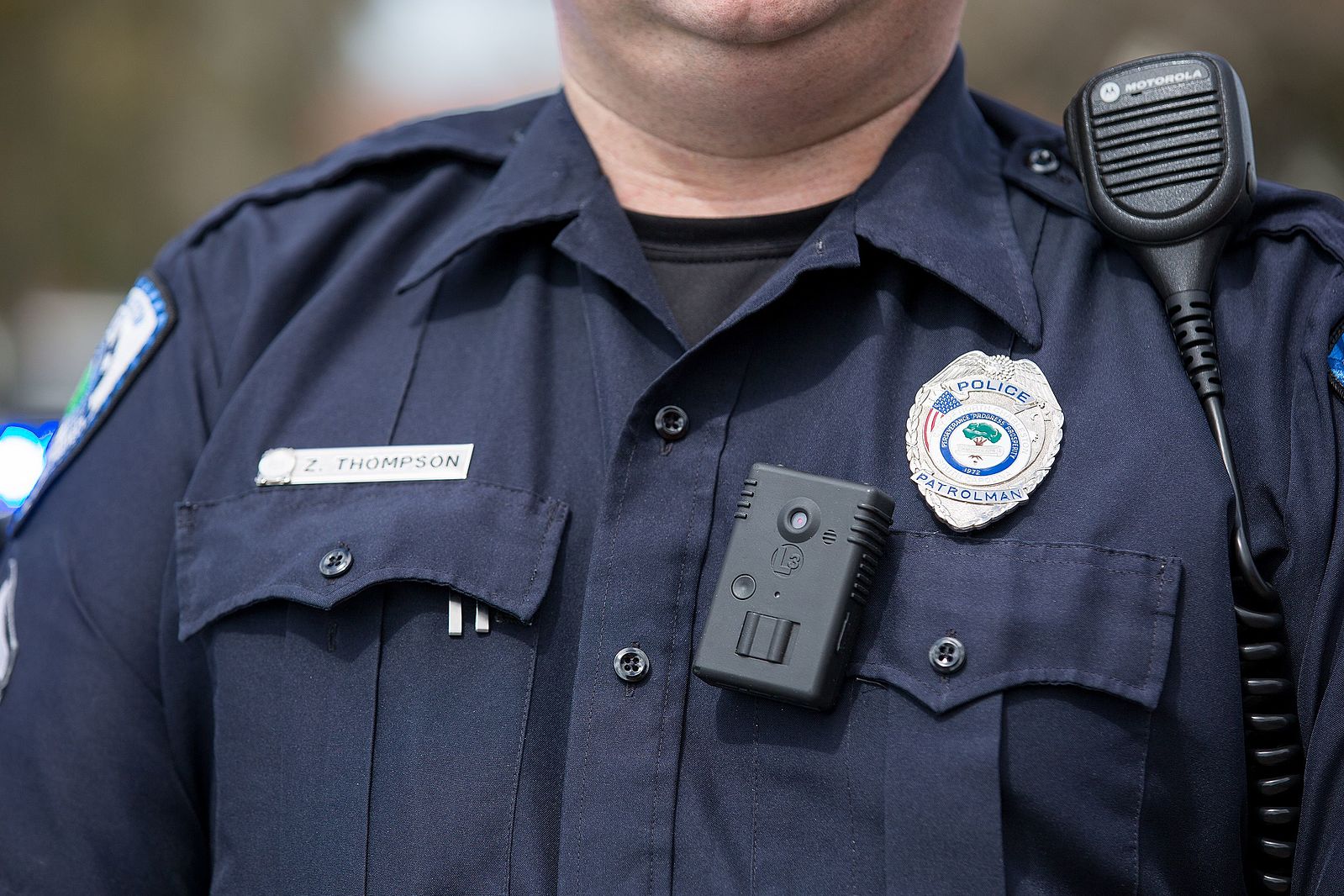Court rules in favor of public access to NYPD bodycam footage

Law enforcement transparency secured a win Tuesday when a New York appellate court ruled that New York Police Department body camera videos are not covered by the state’s secretive personnel records law.
The decision comes after the Reporters Committee and more than a dozen news media organizations argued that public access to police camera footage plays an important role in public oversight of law enforcement in a friend-of-the-court brief.
The Appellate Division of the New York State Supreme Court, First Department, rejected the city’s largest police union’s argument that bodycam videos are personnel records and, therefore, cannot be released by the NYPD without a court order under Section 50-a of New York’s Civil Rights law.
“We find that given its nature and use, the body-worn-camera footage at issue is not a personnel record covered by the confidentiality and disclosure requirements of § 50-a,” the court said in its ruling. “The purpose of body-worn camera footage is for use in the service of other key objectives… such as transparency, accountability, and public trust-building.”
Reporters Committee attorney Adam Marshall agreed with the court’s decision, saying the public has a right to view this footage and doing so places greater responsibility on law enforcement.
“The Court’s decision is a powerful affirmation that the purpose of body-worn cameras is to promote transparency and public accountability,” Marshall said. “These videos are not and should not be treated as confidential personnel records — the public has a right to see what the police do.”
The Police Benevolent Association sued New York City Mayor Bill de Blasio and NYPD Commissioner James O’Neill in January 2018. O’Neill said the ruling plays a key role in public accountability.
“This ruling is an important step forward for transparency and affirms what the NYPD believe,” O’Neill said in a statement. “Not only is the public entitled to this information, but this footage overwhelmingly shows just how brave, skilled and dedicated our cops are every single day in service of the people of New York City.”
Reporters Committee Executive Director Bruce Brown said, in a previous statement, police body cameras can only help foster transparency and accountability if the press and public are able to access and report on footage from them.
The Reporters Committee keeps track of legislation, caselaw, and policies concerning public access to body cameras footage with an interactive map. The online tool was recently updated to include changes in state legislation and cases. The resource is a comprehensive way for the press and public to learn more about access to police camera footage.
Get updates about cases like these when you sign up for our monthly newsletter.